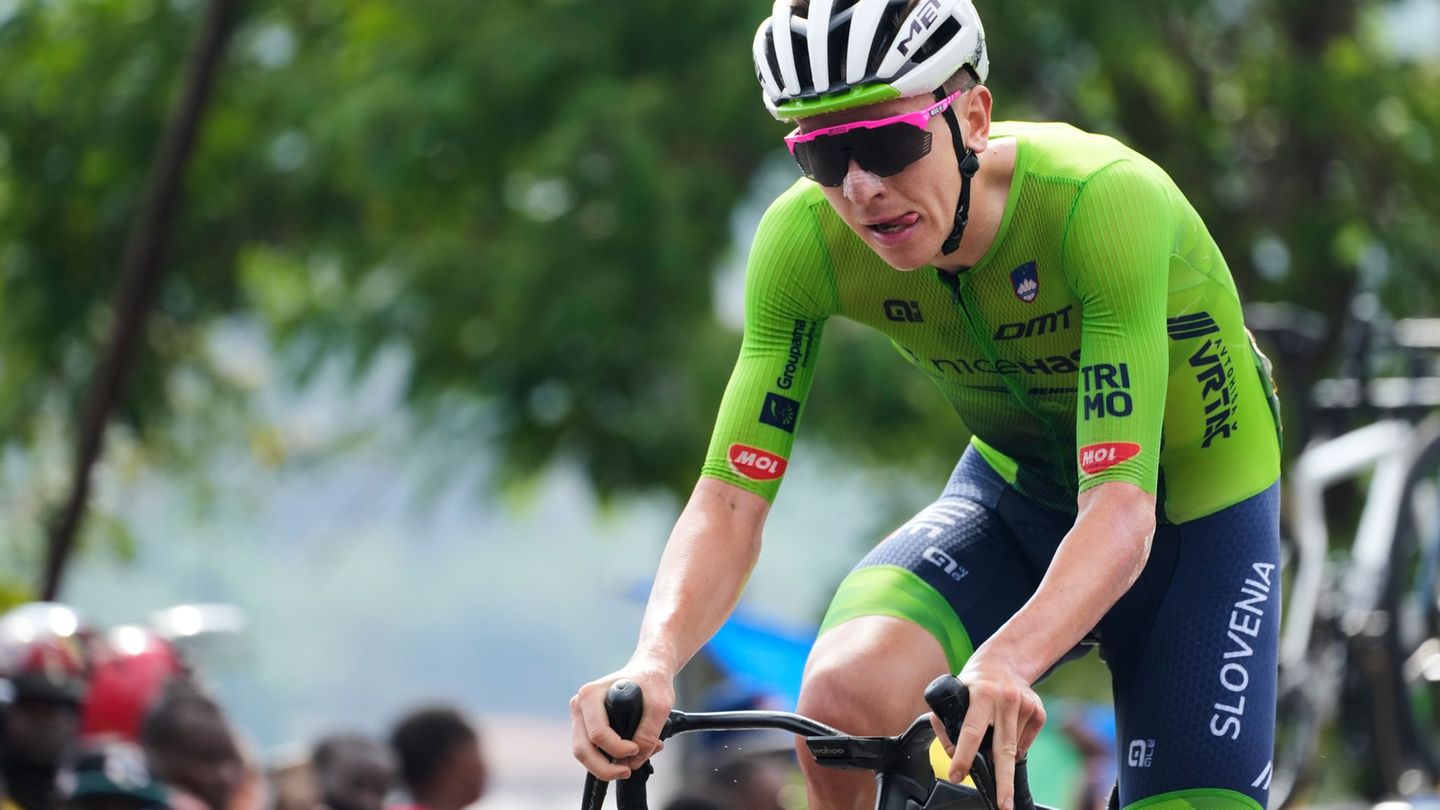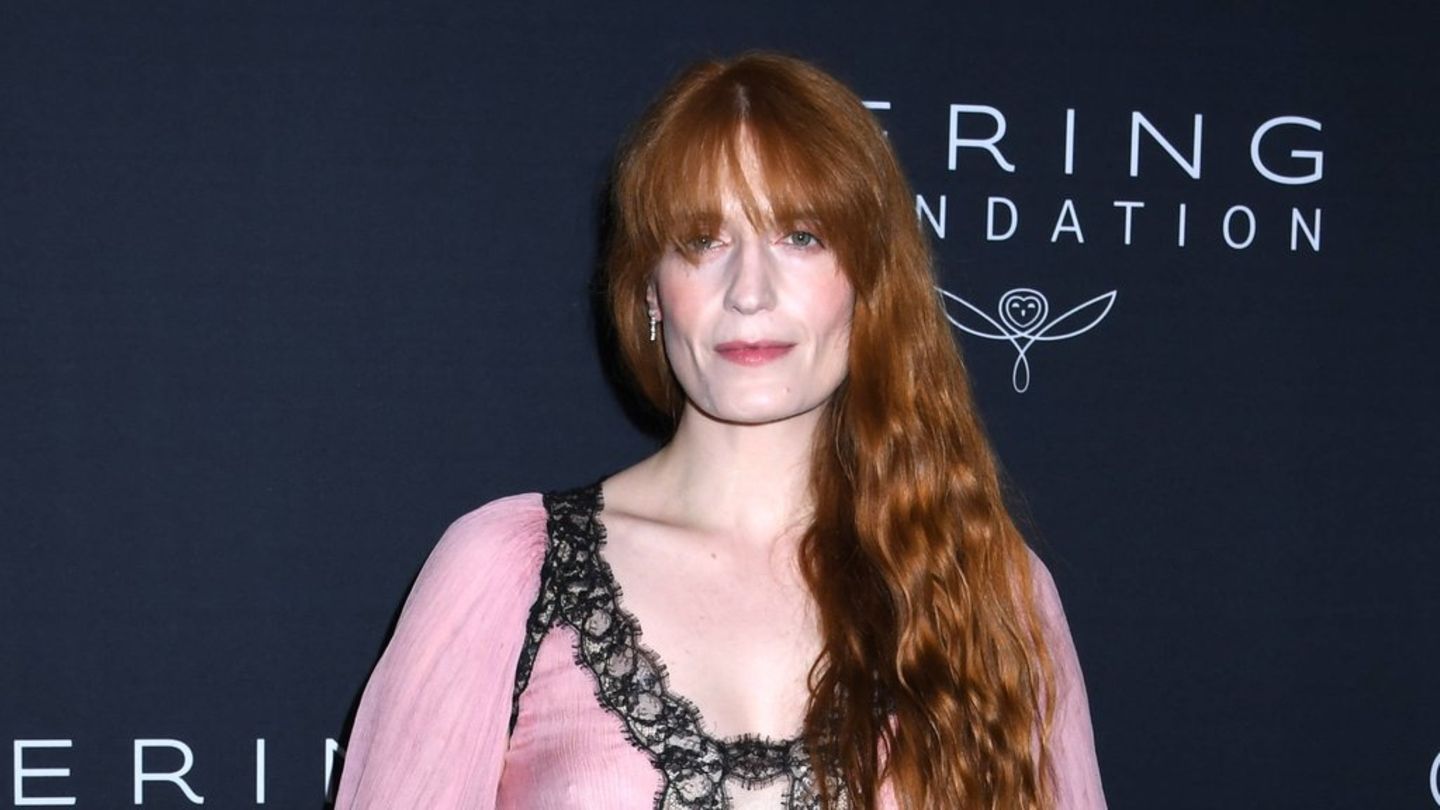“Many people want a new departure and a change of government,” he said on Friday at the end of the election campaign in Cologne. In the election, the course would have to be set so that he would become “the next Federal Chancellor of the Federal Republic of Germany”. The outgoing Chancellor Angela Merkel advertised in Munich for her desired successor Armin Laschet.
The German finance minister sharply criticized the tax plans of the Union and FDP. “Anyone who in this situation suggests that people who earn as much as I do, like a federal minister, urgently need a tax cut, understands nothing about finances,” said Scholz, referring to the mountain of debt accumulated in the Corona crisis 30 billion euros for the wealthy were “completely out of date”.
Scholz reiterated his promises in social policy such as securing the pension level or a moratorium on rent increases. The SPD candidate for chancellor named climate change as another key challenge of the coming decade. He emphatically supported the nuclear and coal phase-out. “That will be implemented”, he assured, without giving a concrete exit date for the coal.
Chancellor Merkel appeared together with Laschet and CSU leader Markus Söder. She warned against a debt policy and campaigned for the Union parties because they stand for “measure and middle” and build bridges “when new problems arise. That is why the CDU and CSU are the parties that have to lead the next government,” said the since 16 Years at the top of the German government.
Laschet, who spoke after her, again demonstrated the solidarity with CSU boss Markus Söder. “Armin and Markus, it will be a great team and we will rule the Federal Republic together,” he said in Munich. Laschet once again warned against a federal government made up of the SPD, the Greens and the Left and specifically wooed sympathizers of the Free Voters co-ruling in Bavaria. Because they would not make it into the Bundestag anyway, every vote for them is at the same time one for a red-red-green alliance. Therefore “all commoners” should vote for the Union. “In the end, there may be a few thousand votes that we are missing,” said Laschet.
For his part, Söder accused FDP leader Christian Lindner of flirting with a traffic light coalition with the SPD and the Greens, contrary to his original statements: “You can almost feel the immoral vibrations between Scholz and Lindner.” The CSU boss said at the same time that it was “everything in there” on election day.
It is possible that things will not really start until Monday, Söder expects tough government negotiations. Laschet also said that it might not be clear on Sunday who will be the next chancellor. “You become chancellor in Germany if you win a majority in the German Bundestag for your politics”, he did not rule out wanting to claim the chancellery as a runner-up.
Green candidate Baerbock reaffirmed her party’s claim to lead the future government despite poor poll numbers. At the end of the Green election campaign in Düsseldorf, she said that many companies in Germany have long been relying on climate-neutral business practices. What is needed now is a “green-led federal government that sets the framework for this”. In the Bundestag election, the question is whether there will continue to be a “ducking away” with the grand coalition or a “new departure”.
The last polls published on Friday all saw the SPD in the lead over the Union parties. In an Allensbach survey for the “Frankfurter Allgemeine Zeitung”, however, the two parties were only one percentage point apart, at 26 and 25 percent respectively. In the ZDF Politbarometer it was 25 to 23 percent, in a Forsa survey for RTL / ntv 25 to 22 percent.
FDP boss Christian Lindner said on ZDF that a Jamaica alliance with the Union and the Greens was easier to achieve than a traffic light coalition made up of the SPD, the Greens and the FDP. “That’s why I prefer Jamaica if I can.” Lindner had a Jamaica alliance burst after the 2017 federal election, which is why the grand coalition was reissued. The Green Co-boss Robert Habeck said, alluding to the negotiations at the time, that these were “a single strangle”. At the time, the FDP did not really want the Union to be at odds, and the CSU from Munich repeatedly made cross shots. “It can’t go on like this again.” According to Habeck, the Greens would prefer an alliance only with the SPD.




